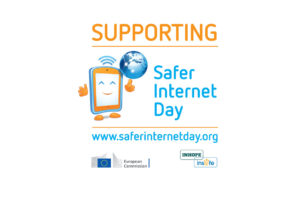
You might have enabled parental controls and switched on privacy settings, but is that enough to ensure your child stays safe online?
More often than not, applying content filters is a very small part of online safety. Showing your child how to be confident and resilient online is just as important.
Although building confidence is a lifelong process, you can help to start it as your child takes their first steps into the online world. Here are a few tips:


